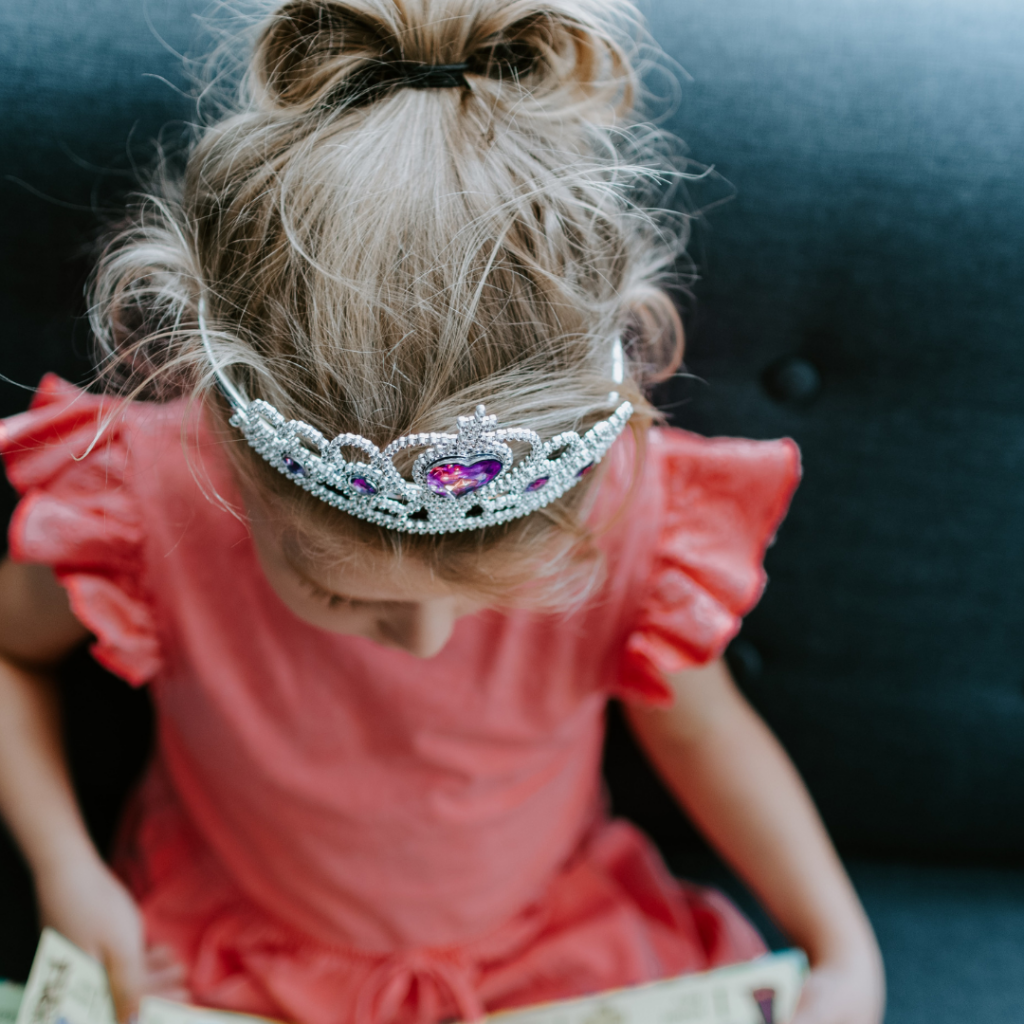As parents we’re watching our children grow and develop every day, often investing both time and money in the best education, nutrition and healthcare. With such a big responsibility it can be easy to overlook the simple, joyful and wonderous skills that are imaginative play and creativity. Get back in touch with both of these skills for nurturing your own child!
What is Imaginative Play?
Imaginative play – sometimes known as pretend play – is a type of play that allows children to explore and make sense of the world around them. This type of play involves using imagination to create scenarios, stories, and characters. It may include playing with toys, dressing up in costumes, or simply using their surroundings to create a world of their own.
How is this different from creativity?
Creativity, on the other hand, refers to the ability to come up with new and original ideas or solutions. It’s the process of using imagination to generate something new or innovative. Creativity can manifest in various forms, such as art, music, writing, and problem-solving.
Why is imaginative play important in early childhood?
Both imaginative play and creativity are essential for children’s development as they help in the following ways:
- Cognitive Development
Imaginative play and creativity can enhance cognitive skills such as memory, attention and problem-solving. Children use their imaginations to come up with scenarios and stories, which help them develop critical thinking skills. They also learn to plan and organise their ideas, leading to better problem-solving skills.
- Social and Emotional Development
Imaginative play and creativity allow children to express themselves in a safe and non-judgmental environment. They learn to communicate their thoughts and ideas, leading to improved social skills. This type of play also promotes emotional regulation as children learn to navigate complex emotions and situations.
- Language Development
Imaginative play and creativity require children to use language to express themselves. Children learn new words and phrases as they create scenarios and stories, leading to improved language skills.
- Decreased Screen Time
Research has shown that excessive screen time may lead to anxiety, obesity and other physical and mental health issues in children. Imaginative play can allow children to disconnect from the digital world, move around and feel a sense of achievement as they create and express themselves. This helps to build their self-confidence and self-esteem as they learn to appreciate their individuality and interact with their physical environment.

How Younger Kids Can Access Their Imagination
It’s important to allow children the time and space to explore their imagination and creativity in their own unique way. For most children, the use of prompts and storytelling can really help.
“Most of us can recall happy moments from our childhood where we dressed up in a costume or tried on our parents’ clothes. Perhaps you made up dances or skits for others’ ‘entertainment.’ While this may have seemed like a fun activity to pass the time, these activities would have been key in helping access our imagination and foster a host of mental and physical benefits.”
Imaginative play examples for children include role playing, exploring art with different materials, listening and playing music, building with lego, blocks or construction toys and exploring stories and nature. It’s especially beneficial if they can use all their senses and experiment with different textures, smells, tastes and sounds. Cooking together or going on nature walks to observe and collect items can spark imagination and ideas in young minds.
Our children are each unique individuals and some access their imagination readily, while for others it helps to guide and nurture. At Academe Time our popular Drama Time and Art Time programs focus on imaginative play and creativity with fun and friendship nurturing this aspect of child development.
In Drama Time our warm-up activities and story prompts take children through characterisation, and improvisation along with their use of voice and performance. Whilst in Art Time our teachers help kids discover different textures and bring their imaginings to life as a self-expression that is truly theirs.
We’re passionate about encouraging children to express their ideas and thoughts freely, in a space where they feel nurtured and supported. By fostering creativity and imaginative play, we can help our children develop into holistic and imaginative individuals. Seeing their smiles and pride in finding who they are and their impact on the people around them is a truly positive experience that our teachers love. We know parents do as well. So today, take the time for some imaginative play!




